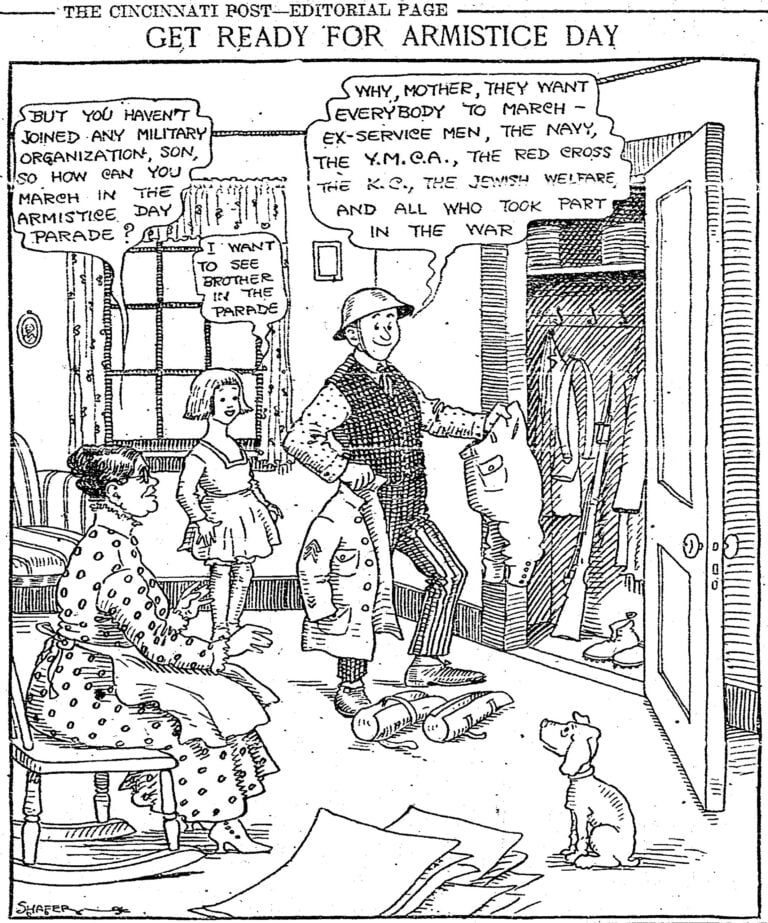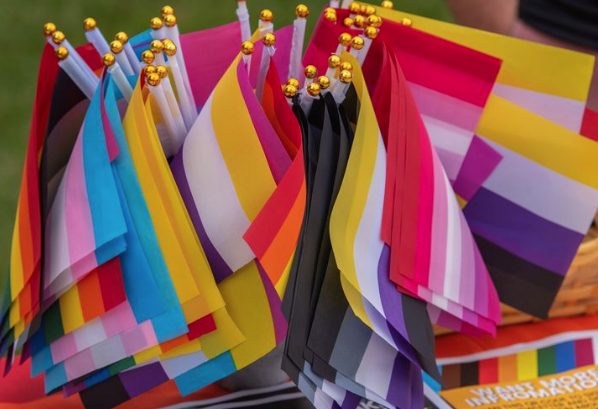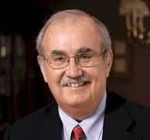My day of reflection and restoration began on the seventh floor of an office building in downtown Louisville. I was there at the invitation of Ashli McLean, editor of the Louisville Women’s Sports website, to meet with eight female athletes and coaches from Afghanistan to discuss how the media deals with women’s sports in the United States.
As Ashli explained it to me, Louisville was the final stop on a six-city tour that had been arranged by the U.S. Department of State’s Bureau of Educational and Cultural Affairs. The other cities were Washington, D.C.; Los Angeles; Colorado Springs; and Boston and Worcester, Mass.
Although most of the women could speak at least a little English, they had brought an interpreter to facilitate our conversation. The sports they represented were cricket, which is virtually the national sport in Afghanistan; soccer; Taekwondo; and boxing.
This was my first meeting with anybody from Afghanistan. I knew that 99 per cent of the country practiced the Islam religion. I knew that the nation had been ravaged by invasions and civil wars for decades. I knew that on Oct. 7, 2001, the United States invaded Afghanistan in pursuit of Osama bin Laden and other terrorists responsible for the 9/11 attacks on America.
Most of the women at our meeting covered their heads with scarves. As they introduced themselves, they smiled. But when they weren’t talking, they generally kept their eyes averted or looking at each other. I wondered if any, or all, had experienced the degradation that has long been the plight of women in Middle Eastern cultures, but I could read nothing in their quiet demeanors.
It didn’t take long to figure out that I was in the presence of some very strong, very determined pioneers. In Afghanistan, women who aspire to be successful athletes get little or no support from the government or even the men in their lives. They must practice and play on fields, and in facilities, that are often shabby by American standards.
After about 10 minutes, I had a strong urge to apologize to them for what Donald Trump and other ugly Americans have said about their religion and their nation. But I knew they had probably been instructed to avoid discussing American politics, so I asked instead about whether sports had been able to do anything to help build Afghanistan’s national pride and esteem.
Immediately the women became animated. They told stories about how excited the nation becomes whenever an Afghan athlete or team has success in international competition. They talked about how more and more young people are participating in sports, including basketball. They mentioned how determined they were, as women, to use athletics as a way to build a new identity for themselves.
I’m sure much was lost in translation. But all you had to do was look at them as they talked to feel their passion for sports and for their nation. When I asked how many athletes Afghanistan would send to the August Olympic Games in Rio de Janeiro, they looked at each other, did some thinking, and finally came up with one participant, a female runner.
I assured them I would be cheering for that woman as she carried the Afghanistan national flag into the stadium during the opening ceremonies.
At the end of our meeting, one of the athletes came up and shyly asked where she might be able to find some of the stories I’ve written over the years, particularly the ones I did for Sports Illustrated. I was flattered. I felt as if some bridge had been crossed.

A couple of hours later, I found myself in the midst of a very different group of young people. The oldest of my three grandchildren, Caroline Frederick, was graduating from eighth grade at St. Francis, a private school in Goshen. She had gone to St. Francis since kindergarten, so it was an emotional day for her.
Although many of the St. Francis students come from wealthy families, as is the cast in most private schools, others have parents who must sacrifice to be able to afford the tuition. From what I’ve seen, the faculty does a superb job of teaching the students to respect each other and appreciate their opportunities.
Some of the graduates, including Caroline, said as much themselves in their farewell speeches. By the end of the ceremony, 15 of the 41 graduates had stepped up to the microphone and talked about their experiences. It says something about the class that they asked their bus driver to be the honored speaker, and he did a wonderful job.
Caroline and her younger sister Lucy, who just completed the fifth grade at St. Francis, both participated in sports. It’s part of the school’s mission to expose every student to different kinds of endeavors, both academic and athletic, so they can start figuring out who they are and what they enjoy.
Although Caroline had some bright moments as a goalie in field hockey, she’s has been in love with the stage as long as any of us can remember. She loves to sing, dance, and act in plays. This fall she will join the Youth Performing Arts Program (YPAS) at DuPont Manual High.
Lucy seems more interested in sports, particularly gymnastics. She and her mom are going to the U.S. Olympic team trials next month in St. Louis. She also likes to accompany “Granddaddy Mustache” (that’s what they’ve called me since Caroline started it years ago) on an occasional trip to a University of Louisville or Louisville Bats game.
It was uplifting to experience two hours’ worth of youthful enthusiasm, idealism, and innocence. Yet throughout the ceremony, I thought about the world that awaited these graduates compared to the one that awaited the Afghanistan athletes when they returned home.
Despite all the negativity espoused by President Obama’s critics, America still is strong and great – much more so, in fact, than it was when he took office in 2008. This spring’s graduates, whether from the eighth grade or college, have every right to embrace the future with hope and optimism. There is nothing wrong with America that a healthy dose of compromise and cooperation can’t cure.
But Afghanistan is another proposition entirely. The challenges to young people there are far different, and far more daunting. The athletes I met yesterday have to live amid reminders of death and destruction. They have no idea what tomorrow holds.
But they faithfully cling to the hope that someday the children of Afghanistan will be able to grow up with hope instead of fear, and that sports will be instrumental in bringing new freedoms and opportunities to their beloved country, especially for women.
Today there is an element in America that wants to demonize members of the Islamic faith and keep them out of our nation. It’s easy for them to hate anybody or anything in the abstract. But it is – or, at least, should be – a different proposition when you meet people from a different culture and hear their stories.
After a visit to the Muhammad Ali Museum Friday, the Afghan athletes will return home Saturday morning. As we parted, I wished them love, peace, and a safe journey, which, come to think of it, is what I wish my granddaughter and the other eighth-grade graduates of St. Francis.
The world is an evil place only if we allow it to be. I hope and pray that this generation of young people will learn to tear down walls and build bridges. That’s the essence of the Olympic spirit and it should be the essence of the human spirit.
I will cheer that single runner from Afghanistan. I hope America will, as well.
Editor’s Note: For the record, the Afghan women who participated in our discussion yesterday morning were: Frozan Tajali, captain of the national soccer team and coach of the under-14 women’s national soccer team; Salma Hussaini, director, women’s committee, National Taekwondo Federation; Tuba Sangar, women’s cricket development manager; Fironza (Gulmakay) Wahedy, Director, Women Economic, Social, and Sport Development Committee; Laila Safi, coach and owner of the Baikh Women Exercise Center; Shala Sekandari, boxing coach, Afghan National Olympic Committee; Hajar Abuffazil, Afghan national football (soccer) team captain; and Shabana Saidali, education coordinator.
Billy Reed is a member of the U.S. Basketball Writers Hall of Fame, the Kentucky Journalism Hall of Fame, the Kentucky Athletic Hall of Fame and the Transylvania University Hall of Fame. He has been named Kentucky Sports Writer of the Year eight times and has won the Eclipse Award twice. Reed has written about a multitude of sports events for over four decades, but he is perhaps one of media’s most knowledgeable writers on the Kentucky Derby























I am bhagwant in Indian i an national gold madel(100m)(200m) I live in Punjab work in Punjab police I am interested the coaching in your country